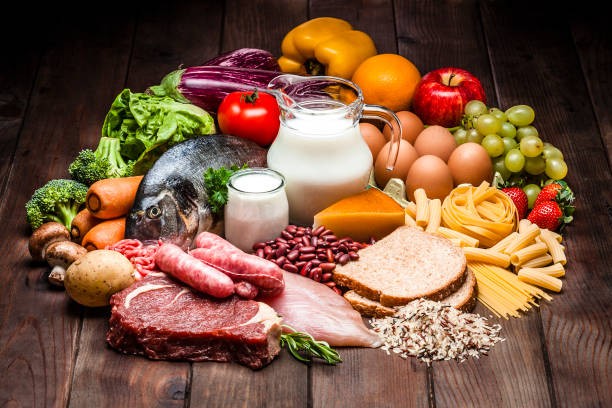
What happens to your body if you don’t consume enough proteins?
From being touted as the most healthiest component of your diet to being hailed as the magical ingredient to get porcelain skin and silky hair, protein has come a long way in pop culture but do we actually understand what proteins really are?
What are Proteins?
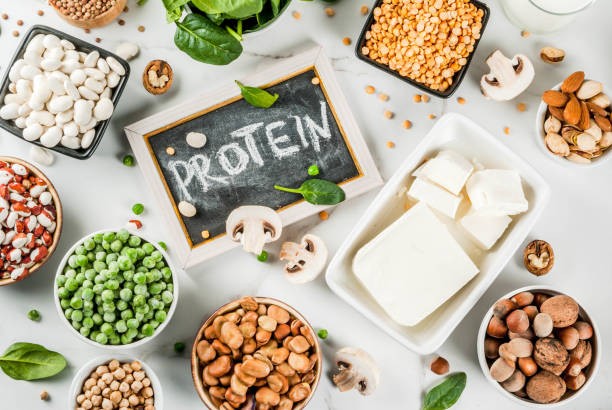
Proteins can be best understood as the constituent elements that give rise to life. Proteins are made up of interlinked amino acid chains which are fundamental to several life processes like metabolism, immunity, and intra & inter cell communication. One of the key macronutrient, proteins are predominantly found in our bones, muscles, skin, and hair. So proteins are surely vital in giving you that unblemished glowy skin, lustrous hair and coveted big muscles but they play a far more foundational role than offer just those benefits. Now let’s take a look at how much protein does a human require on a daily basis?
What’s the adequate amount of Protein consumption?

Several studies and discussions amongst scientists and health experts suggest that we require 0.8 grams of protein daily for every one kilogram of our body weight. For example, if you’re a moderately active man/woman aged between 16- 45 and you weigh 75 grams (165 lbs) your daily protein requirement would be about 60 grams. The protein requirements of course change with respect to age, fitness goals and certain bodily conditions. If one is trying to gain muscle and bulk up, then the protein requirements would be a little higher than the average.
Meeting the daily protein requirements is essential as we’ve already learned in the beginning because a disbalance or deficiency in the protein aggregate in the body can bring about many adverse health conditions. Let’s understand in depth what are some of the consequences of a protein deficit in the body.
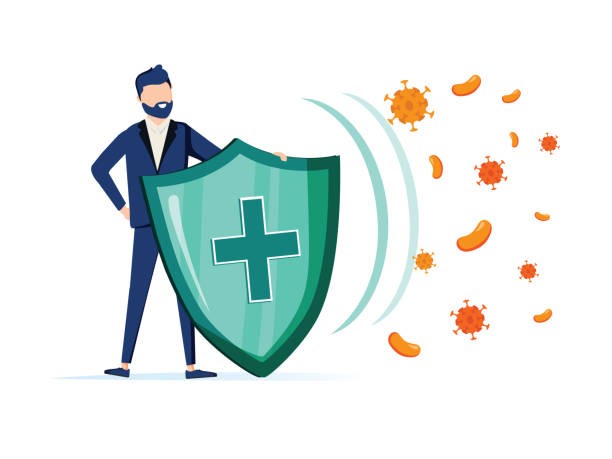
1. Compromised Immune System
The most significant influence of a low protein composition in is on the immunity. A weakened immune system is unable to fend off diseases and makes one prone to be attacked by a variety of pathogens. Playing a vital role in the production of antibodies, protein deficiency causes disturbances in WBCs which are our body’s first line of attack against harmful radicals. From common colds to much serious conditions like Kwashiorkor and Marasmus, an insufficient protein percentage in the body can be detrimental to the health.
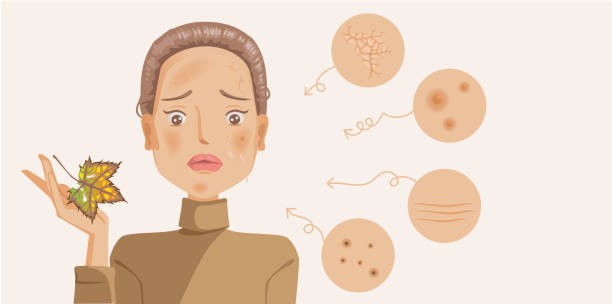
2. Skin Degeneration Affecting Skin, Hair, & Nails
We’ve all heard the word Keratin being overused by skincare and hair health brands and it is because Keratin is the protein which is the building block of our skin, hair, and nails. An overall deficiency in the amount of protein in the body can directly lead conditions like depigmentation, poor hair health and brittle nails. Furthermore, proteins like Elastin and Collagen are also crucial for skin, hair, and nail health. A deficiency of these proteins can severely affect our health by bringing about conditions such as extreme Edema, severe hair loss, and breaking of nails.
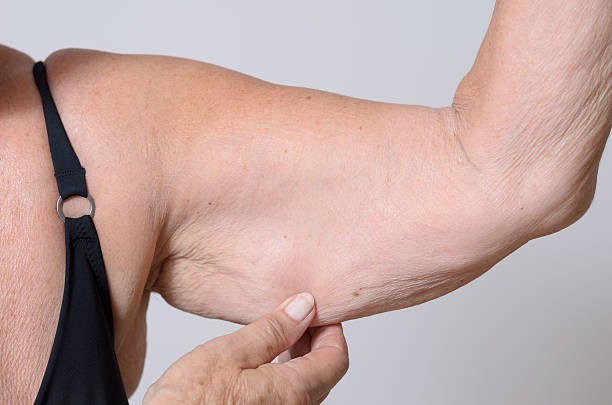
3. Muscle and Bone Loss
One of the early indicators of protein deficiency is muscle atrophy, loss of body weight, and disrupted bone metabolism. In the longer run, a severely low protein percentage in the body can lead to anaemia, fatigue, lack of balance and impaired metabolism. This becomes obvious as we’ve understood in the beginning that proteins are the most basic ingredient that our cells, tissues, muscles and bones. Protein insufficiency can also lead to susceptibility to bone fractures and reduced bone density. Inversely this is best understood by the fact that when we want to bulk up and build muscles, we need additional amounts of protein.

4. Diet Insatiability and Higher calorie consumption
If you’re getting enough protein from various sources in your food, you experience the general feeling of satiability after having meals but this isn’t the case when you are protein deficient. Biologically this plays out by your body piquing your appetite due to feeling of hungriness and you indulging in consuming more calories. This adversely makes you consume a lot of unhealthy food which further causes problems with your gut resulting in reduced immunity. Hence, you should strive to meet your daily protein requirements to avoid lack of nutrition and piling up on unhealthy fat.
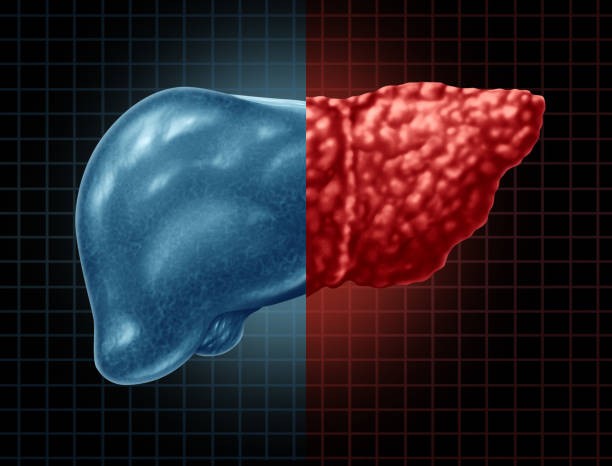
5. Kwashiorkor & Fatty Liver
A lack of proteins and other nutrients is shown to engender kwashiorkor. Although prevalent in underdeveloped countries and regions with scarcity of food and resources, kwashiorkor is malnutritional disease in children emanating primarily from severe protein deficiency. The disturbing pictures of African children with pencil bones and bloated stomach is kwashiorkor. Another symptom of protein deficiency is the depletion of plasma triglycerides and phospholipids which means increase in free fatty acids resulting in a fatty liver. Fatty liver impairs liver’s ability to process nutrients leading to liver scarring and in severe cases liver failure as well.
Conclusion
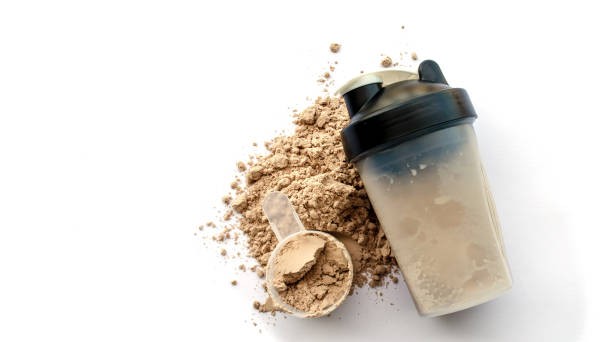
Protein is the single most essential component in your body. From regulating several crucial life processes to keep your skin, hair, bones, muscles, and hair healthy, the role of protein can’t be undermined. That is precisely why a deficit of protein can lead to detrimental health consequences. Although most people are able to maintain their daily requirements of protein but the infiltration of modern lifestyle with poor dietary choices always leaves us prone to be protein deficient. Thus, consuming sufficient amounts of protein and supplementing it with protein supplements is paramount.
[1] https://pubmed.ncbi.nlm.nih.gov/17403271
[2] https://www.ncbi.nlm.nih.gov/pmc/articles/PMC4439950/
[3] https://www.ncbi.nlm.nih.gov/pmc/articles/PMC6434747/
[4] https://pubmed.ncbi.nlm.nih.gov/22139564/
[5] https://pubmed.ncbi.nlm.nih.gov/11707004/
[6] https://www.ncbi.nlm.nih.gov/pmc/articles/PMC2259459/
[7] https://www.ncbi.nlm.nih.gov/books/NBK507876
[8] https://pubmed.ncbi.nlm.nih.gov/31779730/








